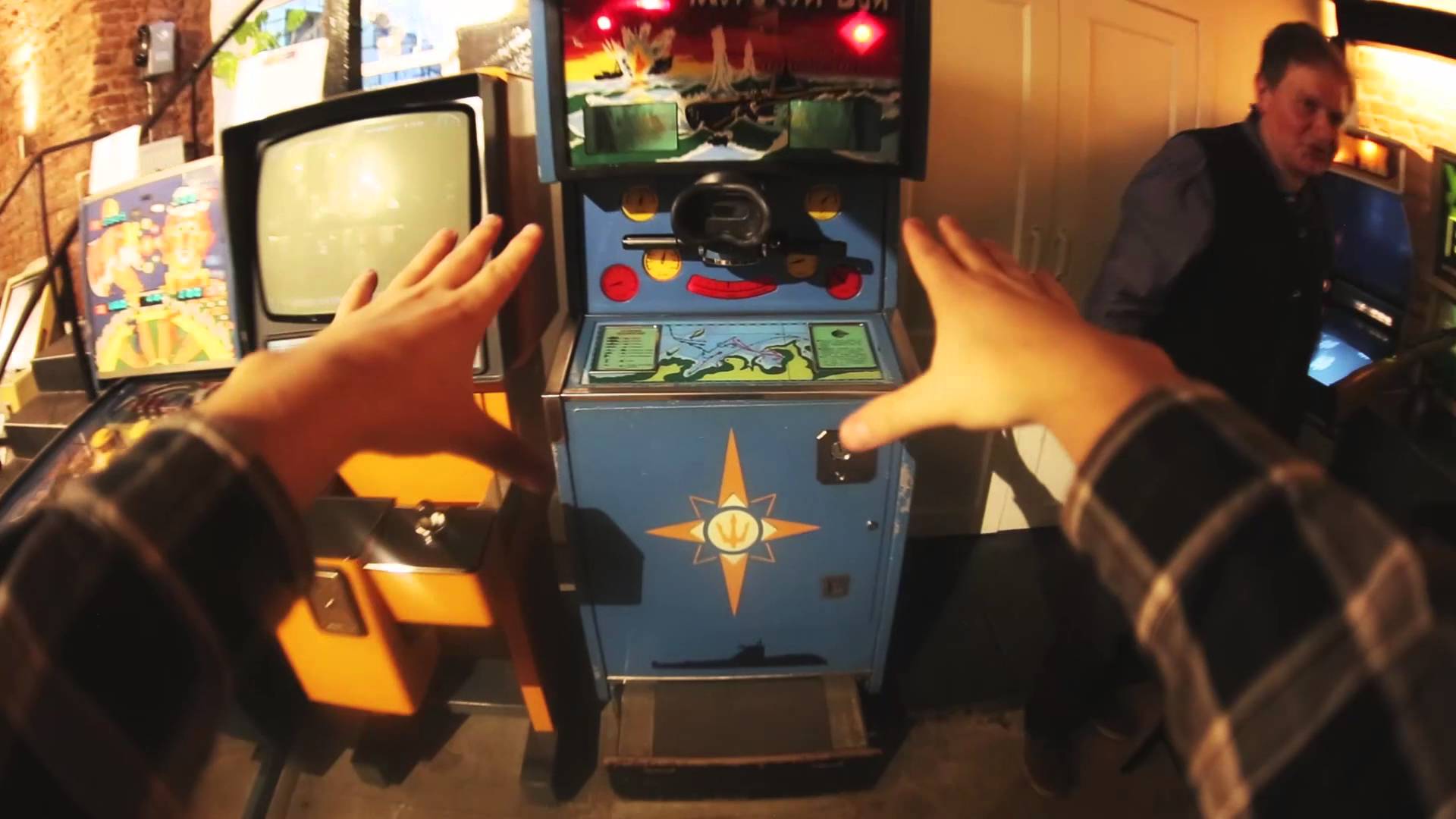Metro 2033 (2010) is a survival horror/first person shooter game set in the not-so-distant dystopian future where Moscow is left in ruins after a nuclear war. The player gets to control Artyom Chyorny – one of the survivors, who managed to rebuild their life from scratch in the depths of the Moscow metro. Having lived underground for several challenging years, one day Artyom finds himself in the epicenter of a clash between the various factions of the Metro’s political world as mutants lurk in the dark tunnels between the stations they occupy.
The game is based on the successful Metro 2033 book by a young Russian author, Dmitry Glukhovsky, a book that sold over 500,000 copies in Russia in its first year. Metro 2033 is the first game of a series that has garnered mostly positive reviews from the critics, scoring 80/100 at both Metacritic and GameRankings. Metro received praise for rich gameplay, which combined RPG, survival horror, and shooter-elements, as well as for its immersive atmosphere, and attention to details. It was also criticized for weak AI and animation issues. Warm reception of the game allowed its developers, Ukrainian studio 4A games, to release two sequels, Metro: Last Light (2013) and Metro: Exodus (2019), as well as a remastered edition, Metro Redux (2014), which featured graphic updates and new game modes for the first two chapters of the franchise.
The atmosphere of the underground world in the games is quite convincing. The reminders that you’re indeed exploring the tunnels and stations of the Moscow metro are all around – from the old metro maps on the walls to highly recognisable trains and warning signs.

However, the already familiar artifacts are mixed here with rather new and unexpected realia. Metro 2033 is also a study in sociology and political science, with a number of post-apocalyptic microstates having formed underground. They all fight for political dominance, strategic routes and possession of scarce supplies. The red line is overtaken by the Communists, most central stations belong to the Commonwealth of the Circle Line and the rest is distributed between smaller station communities, bandits, stalkers, or even nazis.
The player interacts or fights with these sociopolitical units throughout the game. And, incidentally, this is also where the cultural component of the game begins to shine. As stingy as developers got with the in-game ammo, they were generous with sharing Slavic culture and language. A touch of that is in everything – from the setting and character’s names to the folk songs the characters sometimes sing, their heavy accents (heard clearly in the English version of the game), and the Russian words that they occasionally use even while speaking English.

From its launch in 2010 and all the way to Metro: Exodus (the last released chapter, as of 2019), the game has only been gaining in popularity. Its graphics have been polished, and the narrative, which reminds at times of the ones in Half-Life and S.T.A.L.K.E.R., has become more polished and complex. And for those who get really involved, there’s great news. While Dmitry Glukhovsky only wrote three original books, his universe was further expanded by many other Russian authors, who came up with more than a hundred novels and short tales – all based in the same post-apocalyptic scenarios, but often in different locations and taking into consideration how local sociopolitical elements might morph in similar ways to an apocalyptic event.. In addition to that, earlier in 2019 Glukhovsky announced a movie adaptation of Metro 2033 – coming, according to him, in 2022. Until then, we can enjoy the game series and books.
Find Metro on Steam
and Epic Games Store
See Metro 2033 Redux gameplay on YouTube:
https://www.youtube.com/watch?v=bzn7KgPxjao






